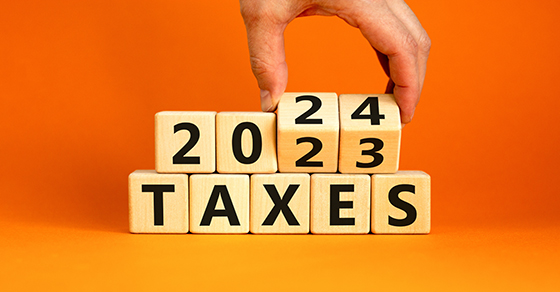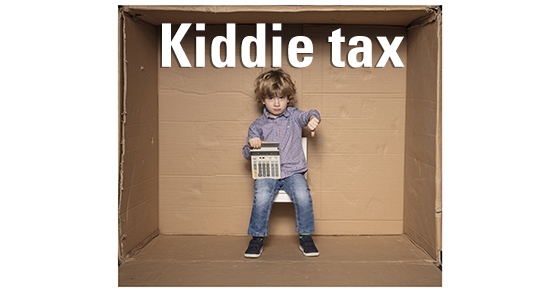
The so-called “kiddie tax” can cause some of a child’s unearned income to be taxed at the parent’s higher marginal federal income tax rates instead of at the usually much lower rates that a child would otherwise pay. For purposes of this federal income tax provision, a “child” can be up to 23 years old. So, the kiddie tax can potentially affect young adults as well as kids.
Continue Reading: The kiddie tax could affect your children until they’re young adults








